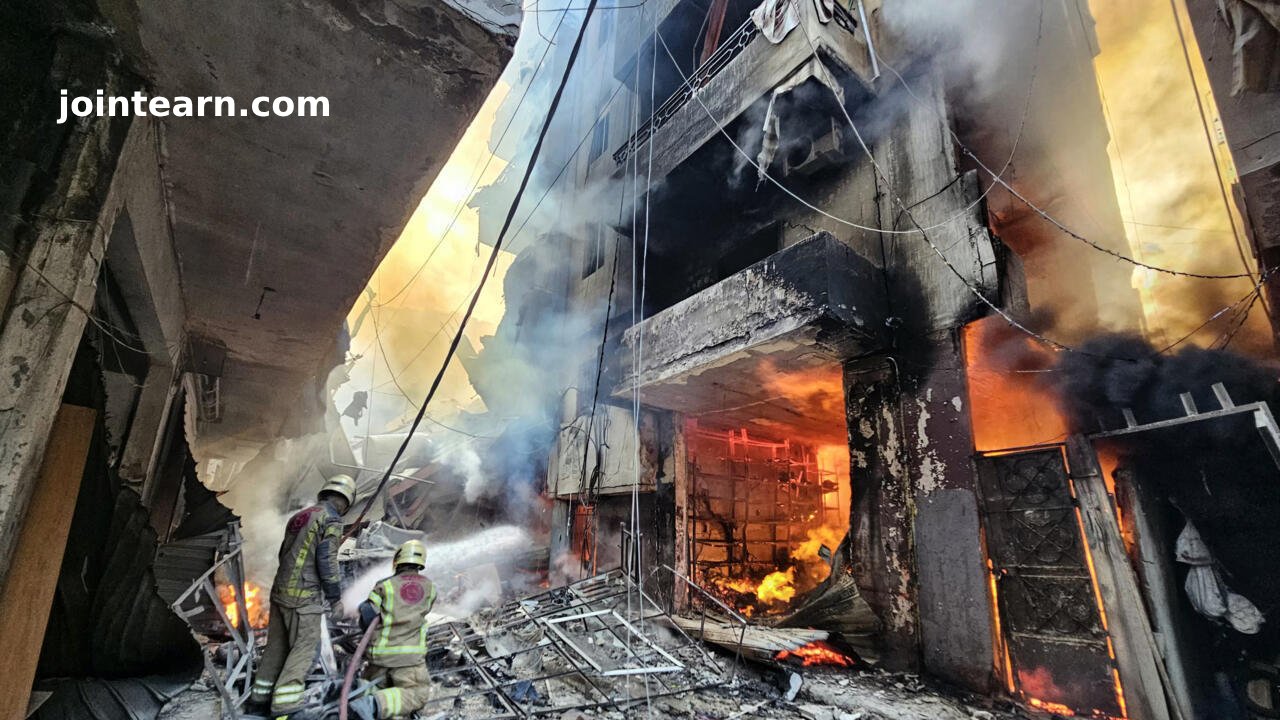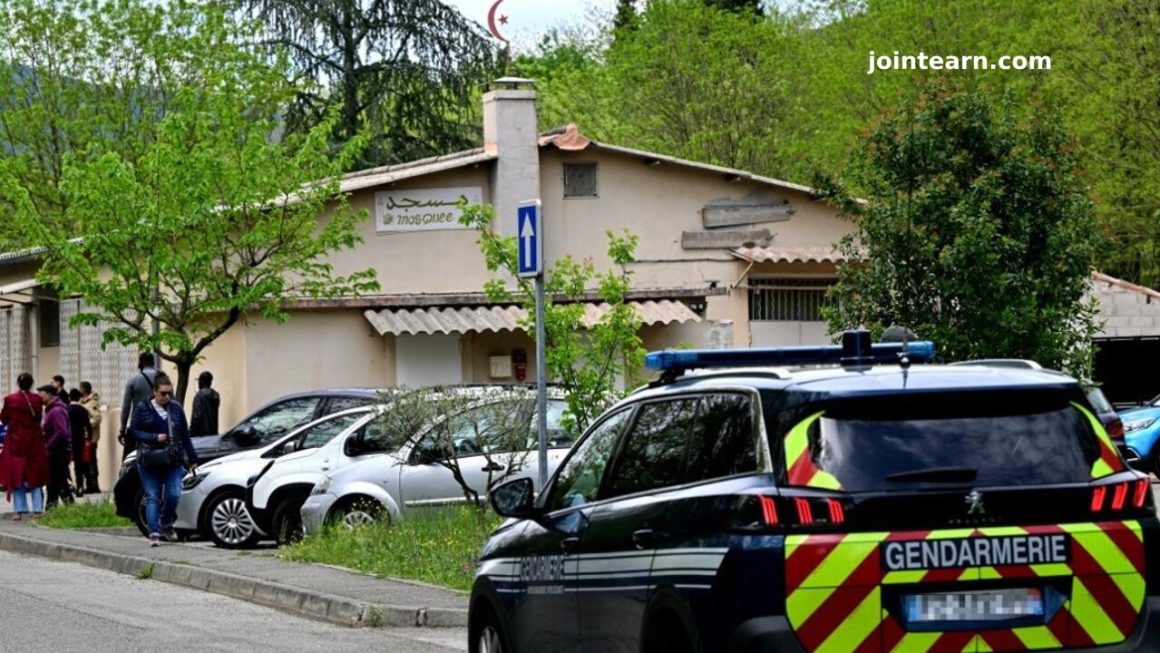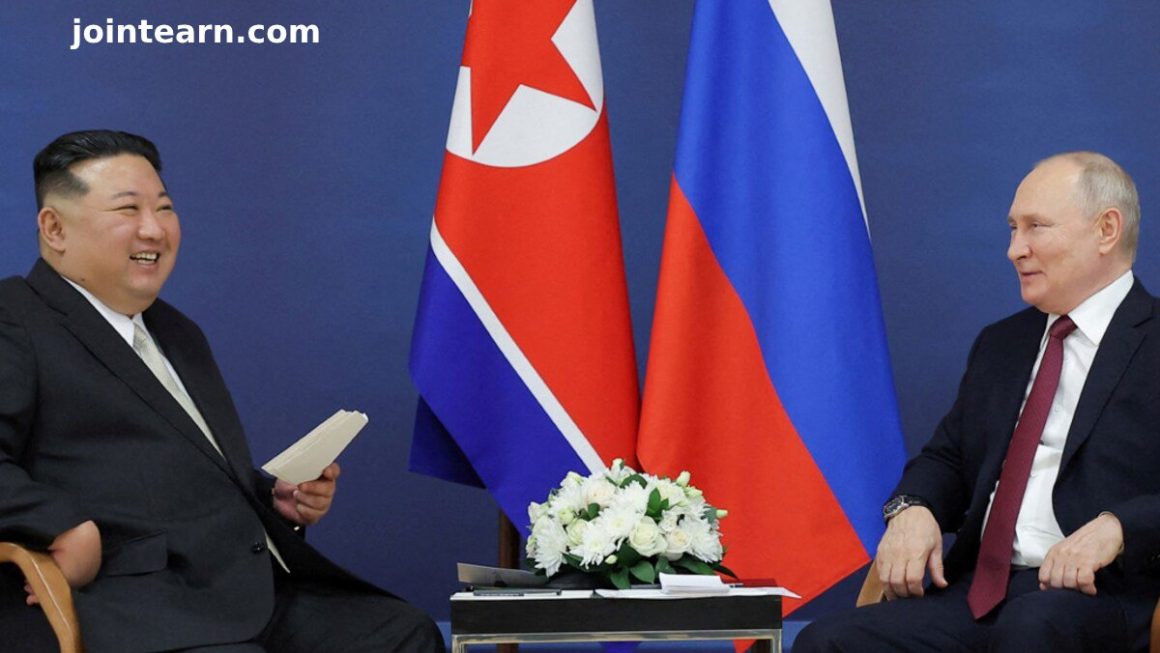An Israeli airstrike in Beirut’s southern suburbs on Tuesday killed four people, including a high-ranking Hezbollah official, further straining an already fragile ceasefire between Israel and the Iran-backed militant group, according to a Lebanese security source.
Hezbollah Leader Targeted in Precision Strike
Israeli military officials confirmed that the strike eliminated Hassan Bdeir, a Hezbollah operative linked to Iran’s Quds Force. According to Israel, Bdeir played a key role in assisting Hamas in planning a “significant and imminent terror attack against Israeli civilians.”
Lebanese authorities reported that the attack targeted a Hezbollah official responsible for Palestinian operations. The Lebanese health ministry confirmed four deaths, including a woman, and at least seven injuries.
Second Beirut Strike in Five Days
Tuesday’s attack marks Israel’s second airstrike in Hezbollah-controlled Beirut within five days, intensifying pressure on the U.S.-brokered ceasefire that ended last year’s devastating conflict. The region remains on edge as violence surges.
- Israel has resumed airstrikes in Gaza following the collapse of a two-month truce.
- The U.S. has launched strikes against Iran-aligned Houthi militants in Yemen, aiming to stop Red Sea shipping attacks.
Hezbollah and Lebanon Condemn Israeli Actions
Hezbollah lawmaker Ibrahim Moussawi condemned the airstrike, calling it a “severe aggression” that dangerously escalates tensions. He urged Lebanon’s government to take diplomatic action.
Lebanese President Joseph Aoun labeled the attack a “dangerous warning,” vowing intensified diplomatic efforts to protect Lebanon’s sovereignty. Prime Minister Nawaf Salam called it a blatant violation of the ceasefire and U.N. Security Council resolutions.
Israel Justifies Strike as Self-Defense
Israeli Foreign Minister Gideon Saar defended the airstrike, stating that Bdeir posed “a real and immediate threat.” He reiterated that Lebanon must act to prevent terrorist organizations from operating within its borders.
Israel dealt significant blows to Hezbollah in last year’s war, killing thousands of its fighters and top leaders, including Hassan Nasrallah. Hezbollah has denied involvement in recent rocket attacks from Lebanon into Israel, which led to Israel’s previous strike on Beirut’s suburbs last Friday.
Damage and Civilian Impact
The early-morning strike heavily damaged the top three floors of a residential building. A Reuters correspondent at the scene noted that the lower floors remained intact, suggesting a precise, targeted strike. Ambulances rushed to the scene as panicked residents fled to safer areas.
Unlike last Friday’s attack, when Israel issued evacuation warnings, Tuesday’s airstrike came without prior notice.
U.S. Expresses Support for Israel
The U.S. State Department defended Israel’s actions, emphasizing that “hostilities resumed because terrorists launched rockets from Lebanon into Israel.” Washington blamed militant groups for escalating violence and reiterated its support for Israel’s right to self-defense.
Ongoing Israel-Hezbollah Conflict
The latest violence stems from Hezbollah’s involvement in the Gaza war, where it opened fire in support of Hamas. Tensions escalated further in September when Israel launched a military campaign aimed at securing its northern border and allowing displaced Israelis to return home.
- Over 1 million people have been displaced by the conflict.
- The Lebanese health ministry reports at least 3,768 deaths in Lebanon since November, with dozens more killed since the ceasefire.
- Israel reports 118 fatalities, including 73 soldiers, due to Hezbollah attacks in northern Israel and the Golan Heights.
As regional tensions continue to rise, the fragile ceasefire remains at risk, with both Israel and Hezbollah vowing to respond to further hostilities.












